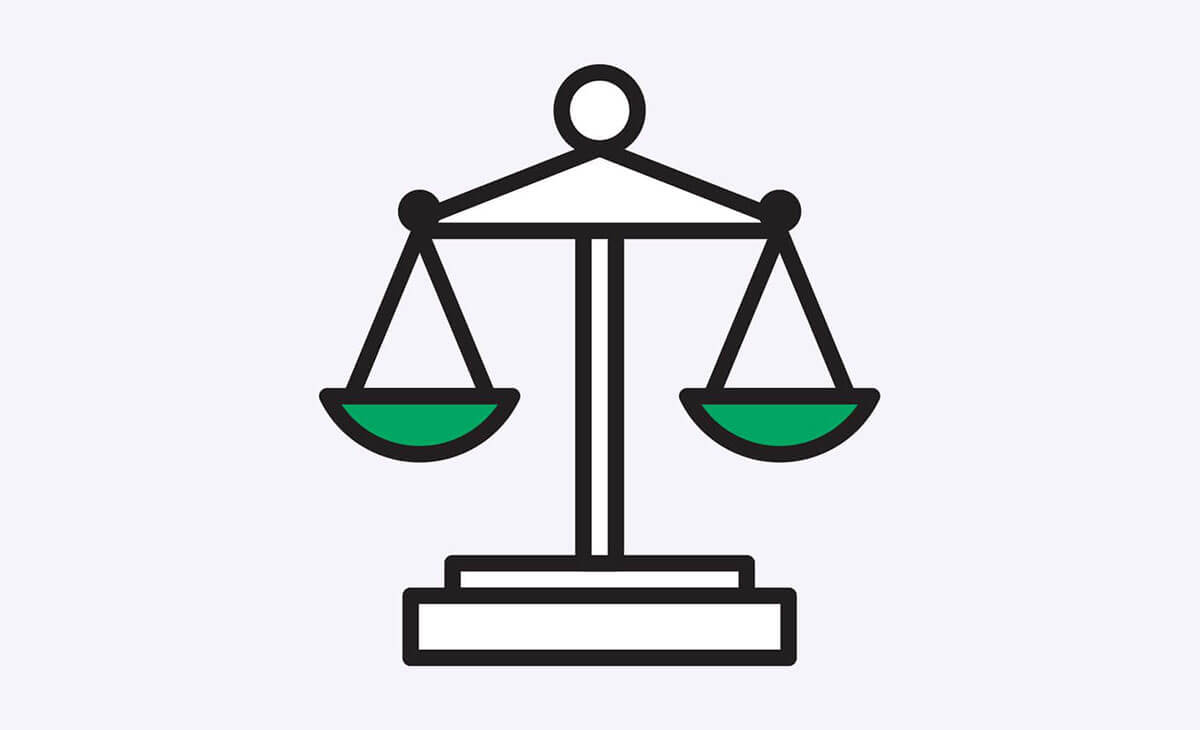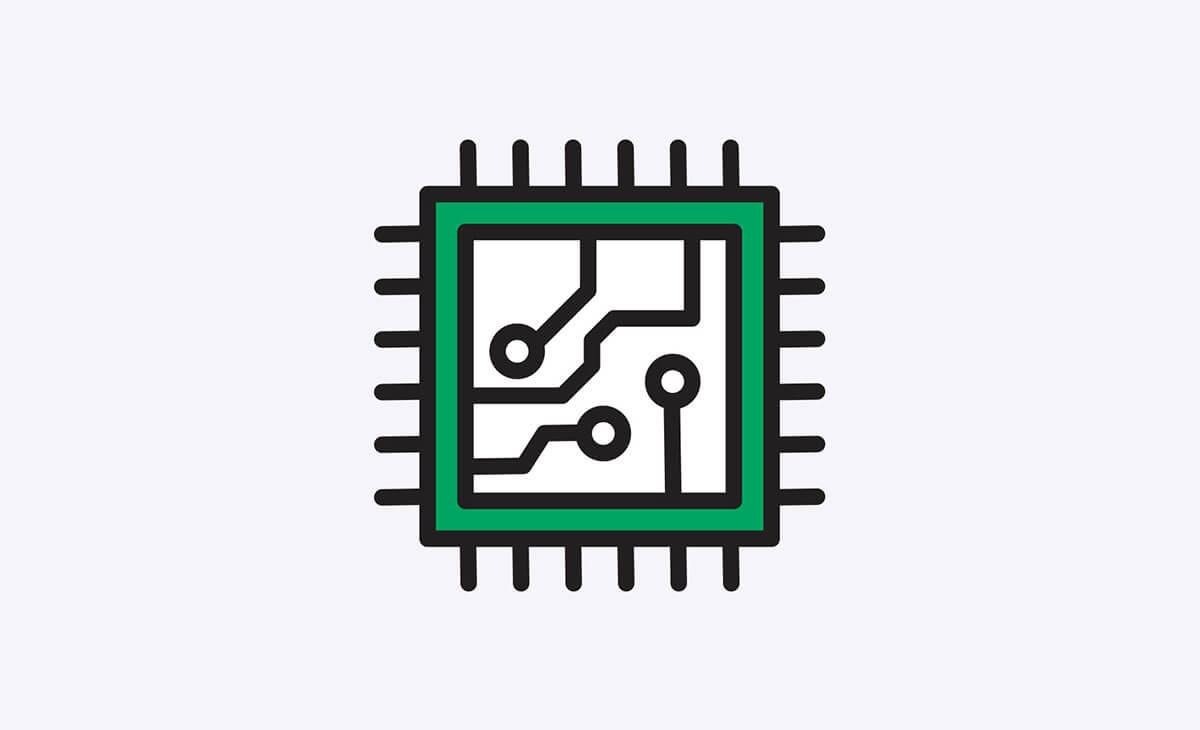Anyone interested in the future of legal practice should read Richard Susskind’s “The End of Lawyers?: Rethinking the Nature of Legal Services”. Whether or not you think he has written the future, it is a provocative, thoughtful and interesting read. Susskind challenges lawyers to consider
What elements of their current workload could be undertaken differently—more quickly, cheaply, efficiently, or to a higher quality—using alternative methods of working. In other words, the challenge for legal readers is to identify their distinctive skills and talents, the capabilities that they possess that cannot, crudely, be replaced by advanced systems, or by less costly workers supported by technology or standard processes, or by lay people armed with online self-help tools. I argue that the market is increasingly unlikely to tolerate expensive lawyers for tasks (guiding, advising, drafting, researching, problem-solving, and more) that can equally or better be discharged by less expert people, supported by sophisticated systems and processes.
Susskind is not pessimistic on the future of lawyers. Rather, he thinks the future has more opportunities than threats for lawyers who embrace change. And vice versa for those who do not.
Thinking about the future of Biglaw in light of Susskind’s book makes us think that there will continue to be great demand for the most sophisticated legal advice available, which is what the best Biglaw firms provide. That said,
- Providing the most sophisticated legal advice available will increasingly incorporate technology (e.g., Lexis / Westlaw, e-discovery, expert systems); and
- A lot of the work done at Biglaw firms is not providing sophisticated advice, but rather work ancillary to this (e.g., document review, drafting and document preparation, research, due diligence). In many cases, (i) this work is not done particularly well (it turns out that graduating near the top of your class at Columbia Law does not make you good at turning changes or reviewing documents for diligence-relevant provisions), (ii) especially quickly and (iii) is very expensive given the skill level required. But it is very important work. There are better ways to get this work done (e.g., Intelligize, Koncision).
Law firms that embrace technology and new work processes (e.g., Susskind’s “multi-sourcing”) have the chance of providing higher quality work product at a better perceived-value to clients. And do so all while making more money (as we have discussed with regard to in-sourcing and will discuss with regard to efficiency technology). Some law firms and new legal sector entrants will try more advanced approaches. Some won’t. Those that don’t risk providing lower quality work product for more money, which is a tough business model.

